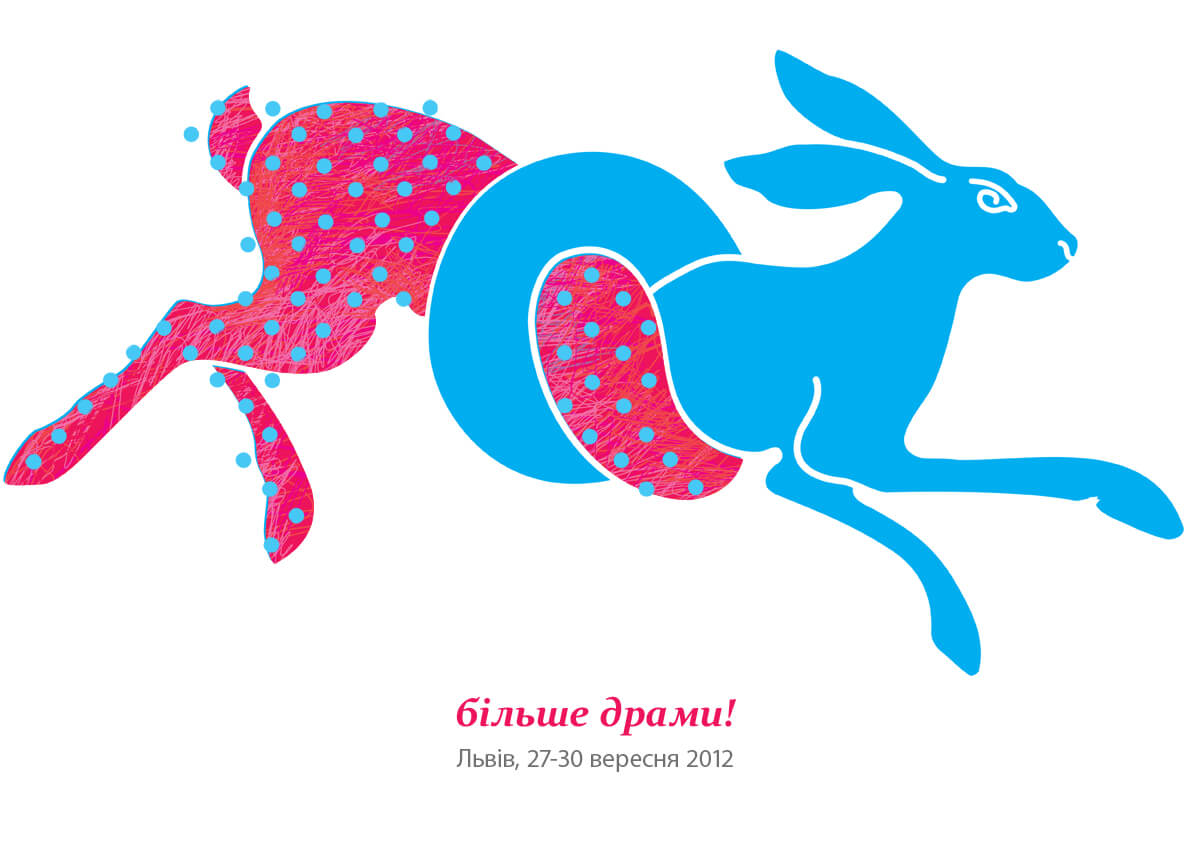Against intellectual laziness: politics, society, and history in contemporary Polish playwriting
Joanna Wichowska
Jagellonian University28.9.2012
Center for Urban History, Lviv
Contemporary Polish playwriting is not monochromatic. Young Polish writers make use of various instruments, practice various aesthetics, discuss different questions, but they are united by a fierce interest in the world in which they live. They want their plays to enter into a constant dialogue with reality. And because reality does not satisfy them, they generously express their disillusion: they proclaim extraordinarily difficult questions about the past, future, and present. Young playwrights throw a challenge to the audience by questioning (and sometimes destroying) stereotypic understandings of Polish history, the Polish nation (ever the victim and ever hounded) or about "capitalist heaven." It seems that they believe that (self)-critical thinking is the essential duty of the artist.
The lecture about new Polish drama touched on the following important questions:
- What critical strategies does contemporary Polish drama use?
- What does "engaged theater" mean?
- Which social and political problems do Polish playwrights address?
- Why, according to young Polish playwrights, is theater itself a space for
- discussing these problems?
- Are there classic works fit for today's theater, or are these only a priceless historical artifact lacking any connection to reality?
- Does contemporary theater and contemporary life need new dramatic genres?
theater critic, member of the curatorial board of The East European Performing Arts Platform (EEPAP). Graduate of the Theater Institute at the Jagiellonian University in Cracow. Worked as an actress and trainer with several independent theaters, including Gardzenice and Double Edge Theater (USA); playwright and literary director in the theater of Jelenia Gora (Poland) and leading editor of the website of the European Culture Congress (www.culturecongress.eu). Works with the internet cultural journal Dwutygodnik.com (www.dwutygodnik.com) and other Polish theatrical publications.
Joanna Wichowska
